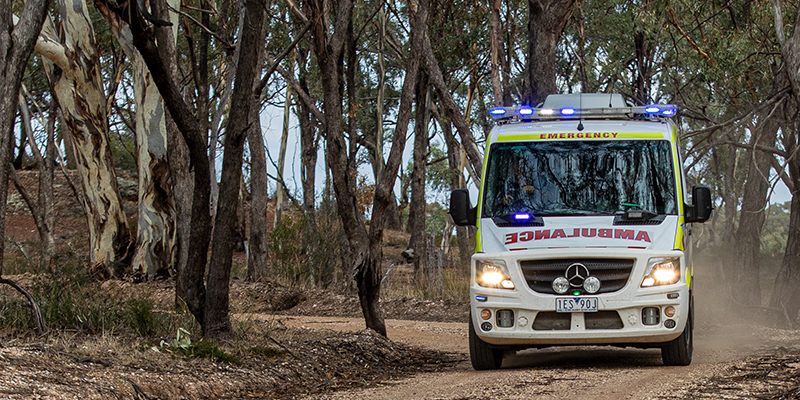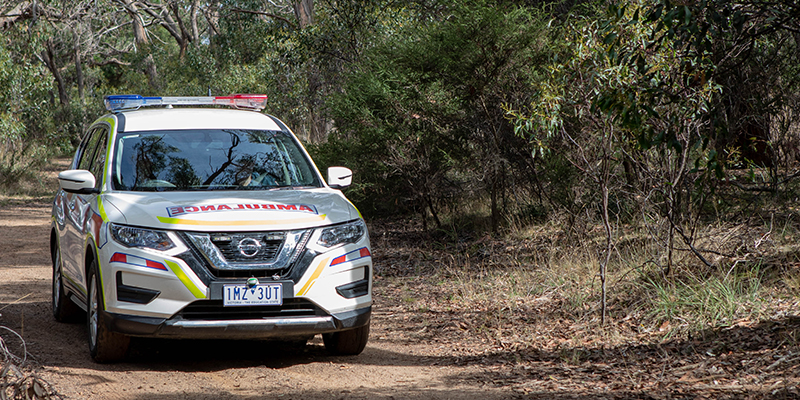Plan ahead to stay safe in Gippsland’s great outdoors
February 21, 2024in News
Ambulance Victoria (AV) paramedics are urging people who plan to explore Gippsland’s great outdoors to be prepared and stay safe in the coming months.
As residents and visitors enjoy the region’s remote bushland, and participate in camping, 4WDing, hiking or mountain bike riding, local paramedics say there are preventative steps people can take to ensure their adventure can be enjoyed safely and without emergency help.

AV Acting Gippsland Operations Community Engagement Liaison Coordinator Jess Shepherd welcomed the season of outdoor adventures but said before heading to remote areas, planning a trip should be a top priority before hitting the road.
“It’s great to get out into Gippsland’s great outdoors but ask yourself if you’re prepared for if something goes wrong,” Mrs. Shepherd said.
“We know emergencies can happen anywhere, anytime, so it is always best to be prepared – to survive the great outdoors, you need to plan.
“A great place to start is to learn first aid, be prepared for weather conditions to change, tell someone where you’re going and when you plan to return, and make sure you have an AV membership just in case you need us.”
AV Gippsland Regional Director Ross Salathiel echoed the warning and said it was easy to become lost or disorientated in remote bushland and unpredictable weather conditions.
“Our advice is if you’re heading outside, make sure you’re equipped to do so,” he said.
“That means checking the weather and dressing appropriately, checking the Fire Danger Rating and taking water, food, matches, a torch and sunscreen with you.
“Keep in mind that when out in the elements any activity has the potential risk of hypothermia or heatstroke, particularly if you’re bushwalking or mountaineering, so use the ‘buddy system’ and check each other for warning signs.
“You may not be able to recognise your own symptoms of hypothermia due to mental confusion.”

Mr. Salathiel said an emergency could catch you off-guard in a remote or unfamiliar place that may be difficult to describe when calling Triple Zero (000, such as a beach, unfamiliar road or bush track.
“If you’re travelling to rural and remote regions of Victoria you may also consider carrying a Personal Location Beacon (PLB), known as an emergency beacon,” he said.
“When activated, a PLB sends an emergency signal via satellite to emergency services.
“We also encourage anyone traveling to a remote location to download the ‘EmergencyPlus’ app, which is free to download and uses smart phones’ in-built GPS functionality to help a caller provide the Triple Zero Victoria (000) with location details.
“Open the app and you’ll be able to tell the call-taker your location coordinates, as well as three words which can be used to pinpoint your exact location.
“The ‘what3words’ function works offline, so it can be used in remote areas with poor data connections and can confirm an exact location quickly and accurately using just three words.”
Download the VicEmergency app to be notified of incidents such as fire, flood, storm, earthquake, tsunami, weather warnings, shark sightings, beach closures and more.
Call 1800 648 484 or visit Ambulance Victoria to become a member.
